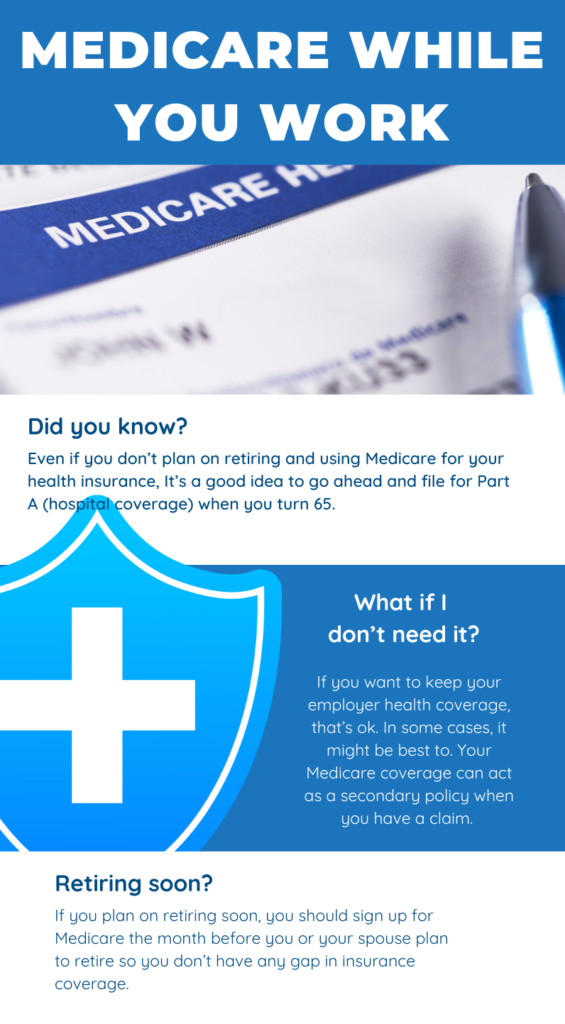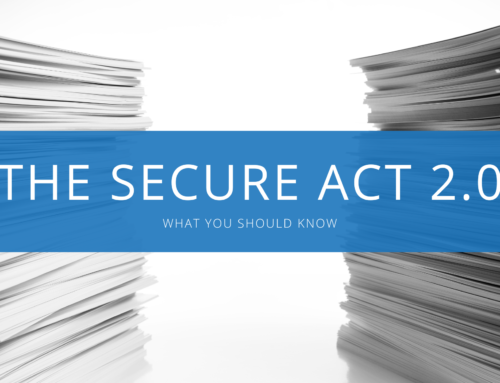Deciding when to file for Medicare is a critical decision for those approaching retirement age. While Medicare primarily serves as health insurance for individuals aged 65 and older, there are situations where you might consider enrolling while you are still working. In this article, we will explore the factors to consider when deciding whether to file for Medicare before retirement and the potential advantages and disadvantages of doing so.
Understanding Medicare Eligibility
Before diving into the decision-making process, it’s essential to understand when you are eligible for Medicare. Generally, individuals qualify for Medicare at age 65. However, there are exceptions for those with disabilities or specific medical conditions. Additionally, if you are already receiving Social Security benefits when you turn 65, you will be automatically enrolled in Medicare Part A and Part B.
Factors to Consider
When thinking about whether to file for Medicare while still working, consider the following factors:
Your Current Health Coverage
Think about your existing health coverage through your employer. If you have comprehensive health insurance through your job, you may not immediately need Medicare coverage. Evaluate the costs and benefits of your employer-sponsored plan compared to Medicare.
Premium Costs
Medicare Part A (insurance for your hospital costs) is typically premium-free for most individuals who have paid into Medicare through payroll taxes. If you or your spouse has worked and paid Medicare taxes for at least ten years, you’ll get Part A at no cost.
Medicare Part B (insurance for doctor visits) has a monthly premium that can vary depending on your income. If you delay enrolling in Part B while still working and delay your Social Security benefits, you may avoid paying the Part B premium until you retire.

Enrollment Periods
The Initial Enrollment Period (IEP) for Medicare starts three months before your 65th birthday month and extends for three months after. This is a crucial window to enroll without facing penalties.
You may have a Special Enrollment Period (SEP) to enroll in Medicare if you’re still working and have employer coverage. This period generally lasts for eight months after you or your spouse’s employment ends or when your group health plan coverage ends, whichever comes first.
Penalties for Late Enrollment
Delaying Medicare enrollment beyond your IEP can lead to late enrollment penalties. The Part B premium may increase by 10% for each full 12-month period you delay enrollment. Consider your long-term plans and whether these penalties might outweigh the potential savings from delaying enrollment.
Advantages of Filing for Medicare While Still Working
Dual Coverage
Having both employer-sponsored coverage and Medicare can provide comprehensive health insurance. This dual coverage can help cover expenses that might not be covered by one plan alone.
Access to Medicare Services
Enrolling in Medicare while working allows you to access Medicare-covered services and benefits, which can be helpful if your employer’s coverage is limited or if you require specialized healthcare.
Transition Planning
Filing for Medicare while still employed can provide a smoother transition into retirement. You can have Medicare coverage in place when you decide to retire, ensuring you are protected from gaps in coverage.
Disadvantages of Filing for Medicare While Still Working
Premium Costs
If you enroll in Medicare Part B while still working, you will be responsible for paying the monthly premium. Depending on your income, this premium can be substantial and may not provide immediate financial benefits.
Duplicate Coverage
Dual coverage can lead to overlapping benefits, which may result in paying for services that are already covered by your employer’s plan.
Loss of Health Savings Account (HSA) Eligibility:
If you are contributing to an HSA through your employer and enroll in Medicare Part A, you will lose your eligibility to make HSA contributions. This can affect your ability to save for future healthcare expenses tax-free.
Deciding whether to file for Medicare while still working is a complex decision that depends on your individual circumstances and priorities. It’s essential to carefully assess your existing health coverage, premium costs, and long-term healthcare needs. While having dual coverage can offer comprehensive benefits, it may not always be cost-effective.
Consider consulting with a trusted financial advisor or Medicare expert to evaluate your specific situation and make an informed decision. Weigh the potential advantages and disadvantages, and ensure you understand the enrollment periods and potential penalties associated with delaying Medicare enrollment. Ultimately, the choice to file for Medicare is another important decision to evaluate while still working and should align with your healthcare and financial goals as you approach retirement.
Other links that might be helpful:
Can't find what you're looking for on our website? Have a question regarding your financial picture? Want to leave us some feedback? We would love to hear from you. You can email me at Brian@TheAeroAdvisor.com or fill out the form below.
By submitting this form, you are consenting to receive marketing emails from: . You can revoke your consent to receive emails at any time by using the SafeUnsubscribe® link, found at the bottom of every email. Emails are serviced by Constant Contact
LPL Tracking #478658-1






